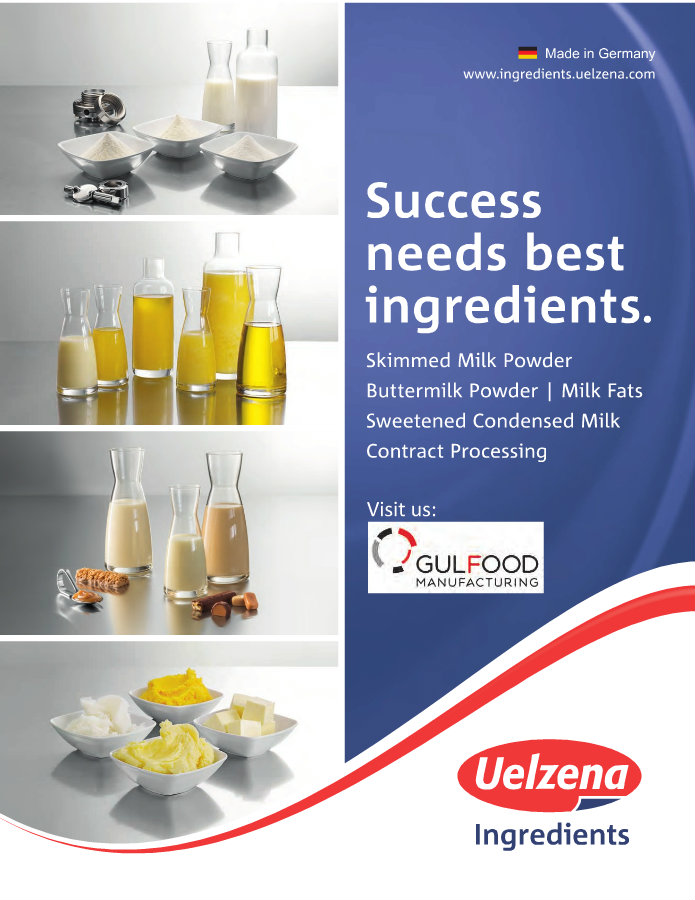Food Safety UK acknowledges that “minute” amounts of BPA can leach into food from cans and packaging, but says the chemical is “rapidly absorbed, detoxified, and eliminated by the body” and therefore “not a risk” to human health at current exposure levels. However, the subject is contentious among scientists.
What is BPA?
BPA stands for bisphenol-A, a man-made industrial chemical widely used to make hard, clear plastic including food and drinks packaging, microwave ovenware, storage containers, water and milk bottles as well as plastic tableware and cutlery. It is also used to make the epoxy resins that line cans of food, such as baked beans, soup and tomatoes and cans of fizzy and alcoholic drinks. The chemical is also found in a vast range of non-food products.
Is BPA safe?
It depends who you ask. BPA is classified as an endocrine disruptor, which means it can interfere with the hormone systems of mammals. But regulatory authorities around the world, including the European Food Safety Authority (EFSA), the US Food and Drug Administration and Health Canada, say our low exposure to the chemical is not harmful.
However, the scientific evidence that low doses can, in fact, impact on human health is growing. In France food packaging containing BPA is banned, although it can now be used in products made for export, following a legal challenge by plastics manufacturers.
Countries including Canada, the European Union, China and the UShave already banned BPA in baby bottles and baby food packaging, and in some case, children’s sippy cups.







